Looking for something specific? With our filter, you can sort products by category, colour, pattern and more.
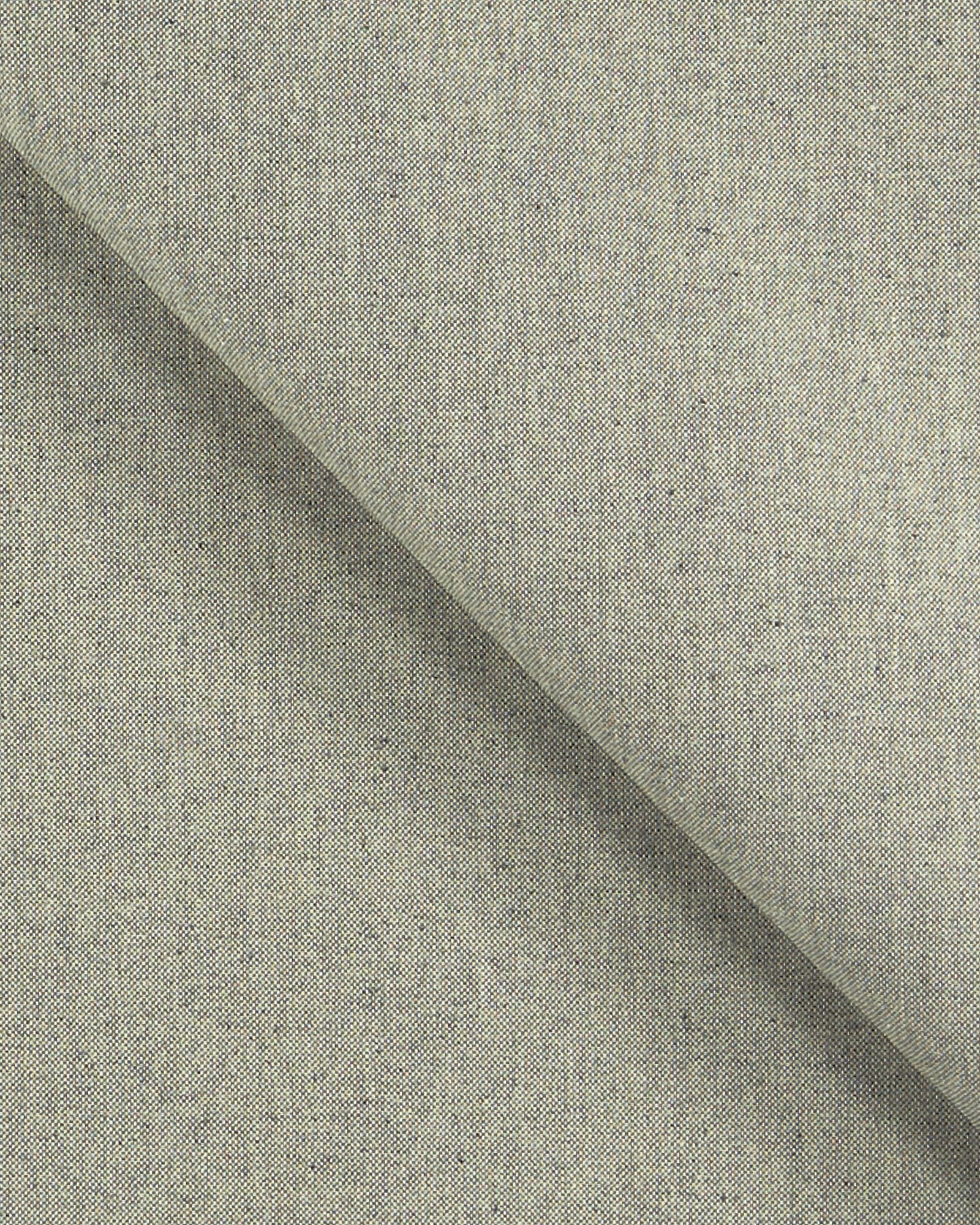 12 Colours
12 ColoursWebShop stock Stock status 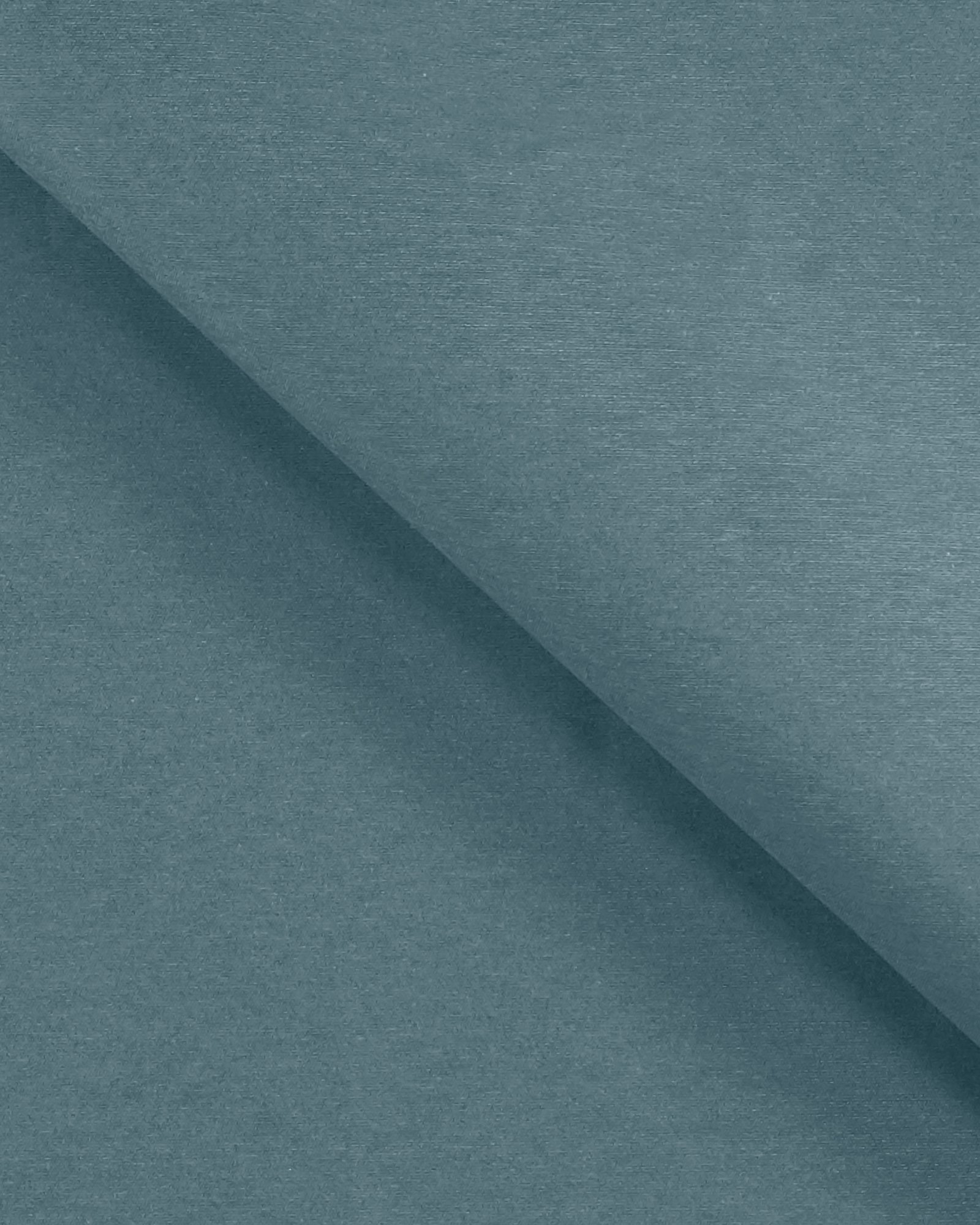 12 Colours
12 ColoursWebShop stock Stock status 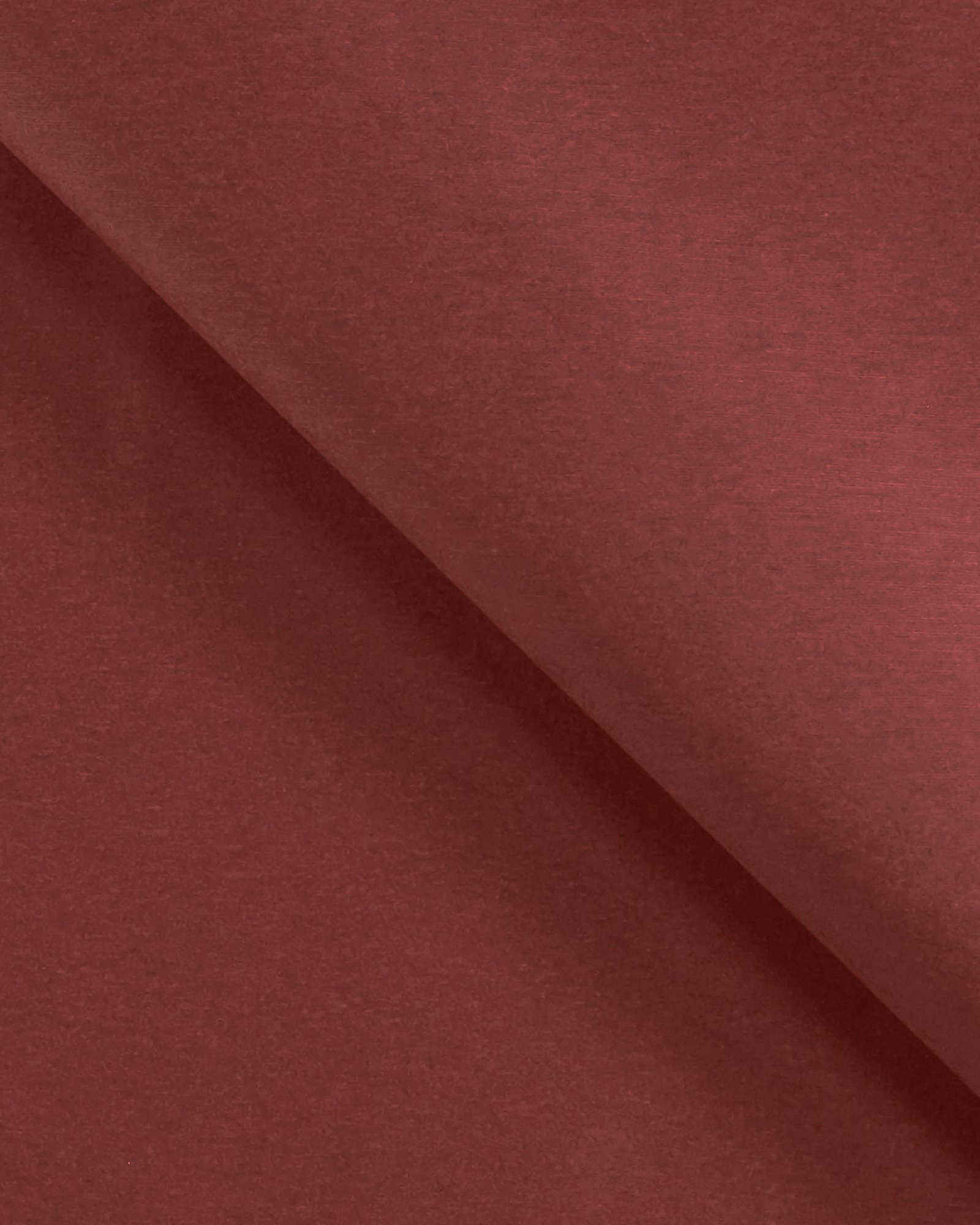 12 Colours
12 ColoursWebShop stock Stock status 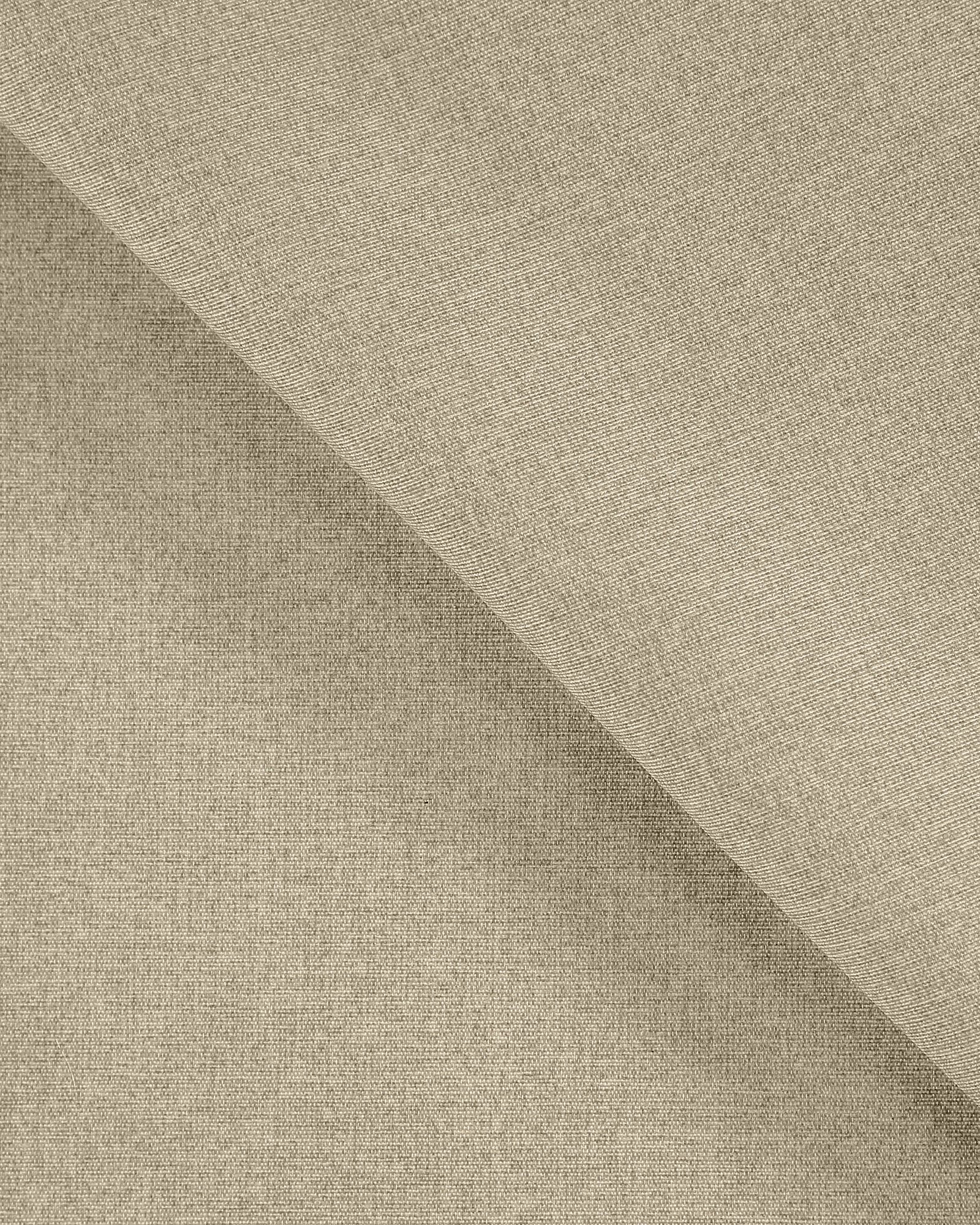
WebShop stock Stock status 
WebShop stock Stock status 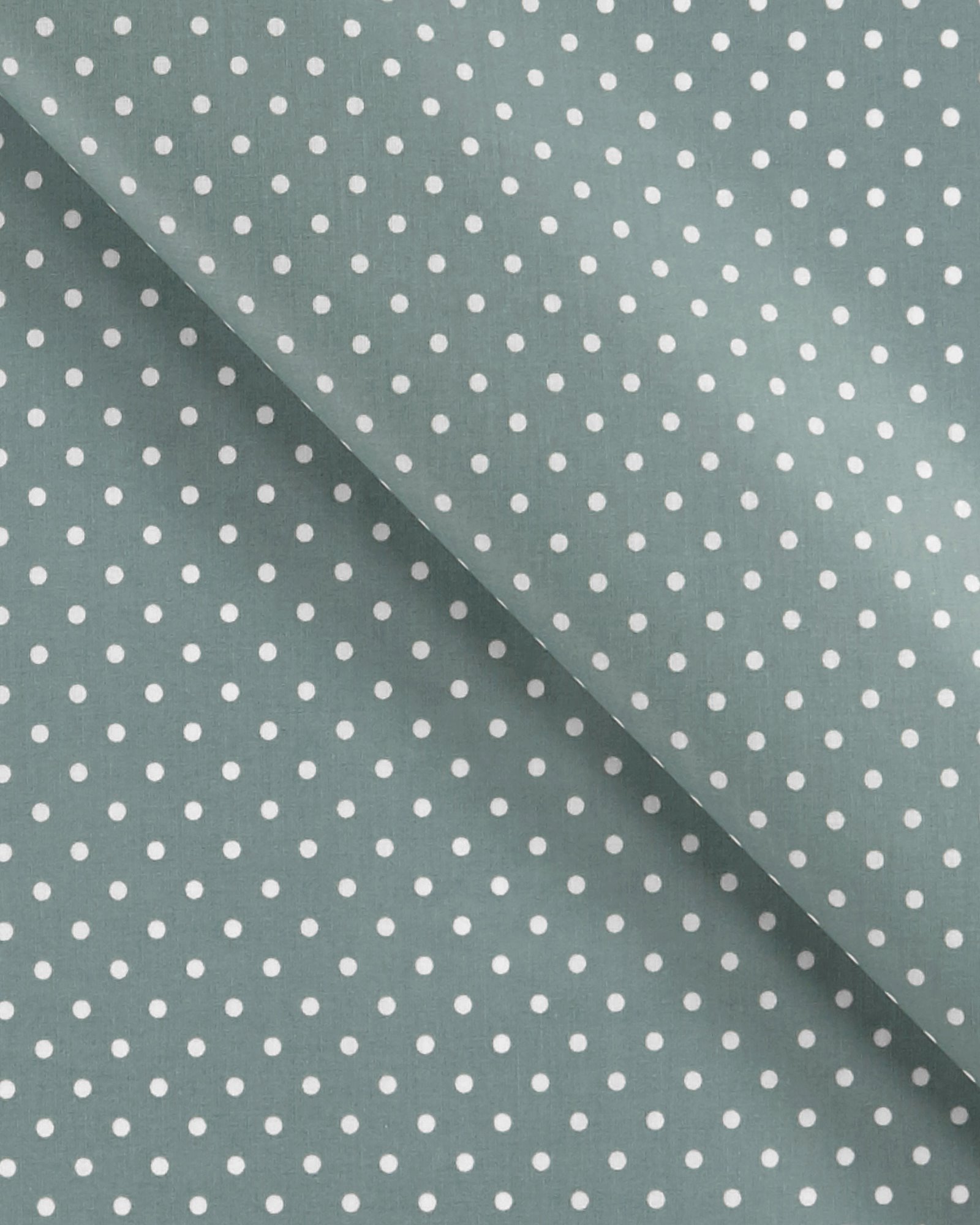 4 Colours
4 ColoursWebShop stock Stock status 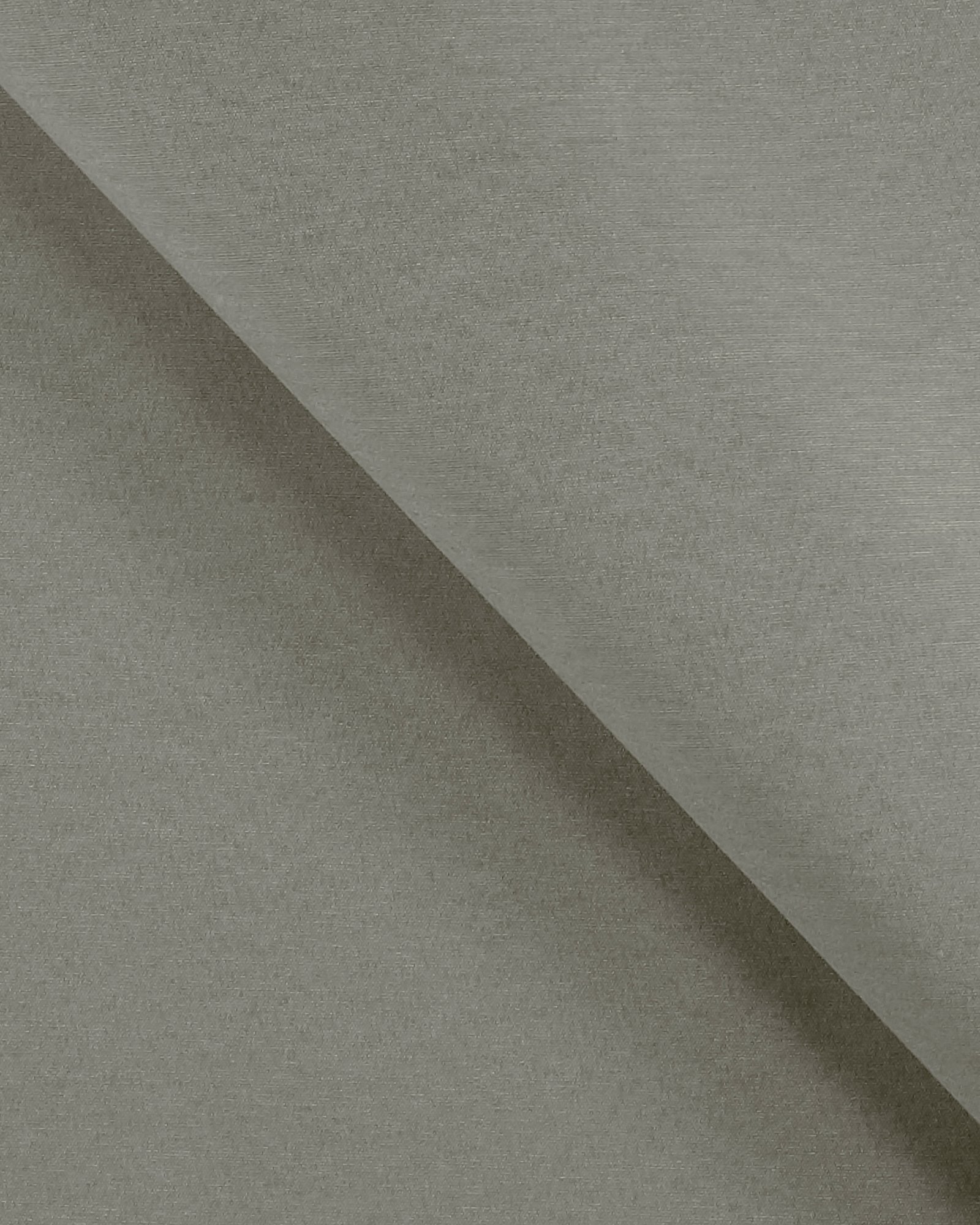 8 Colours
8 ColoursWebShop stock Stock status 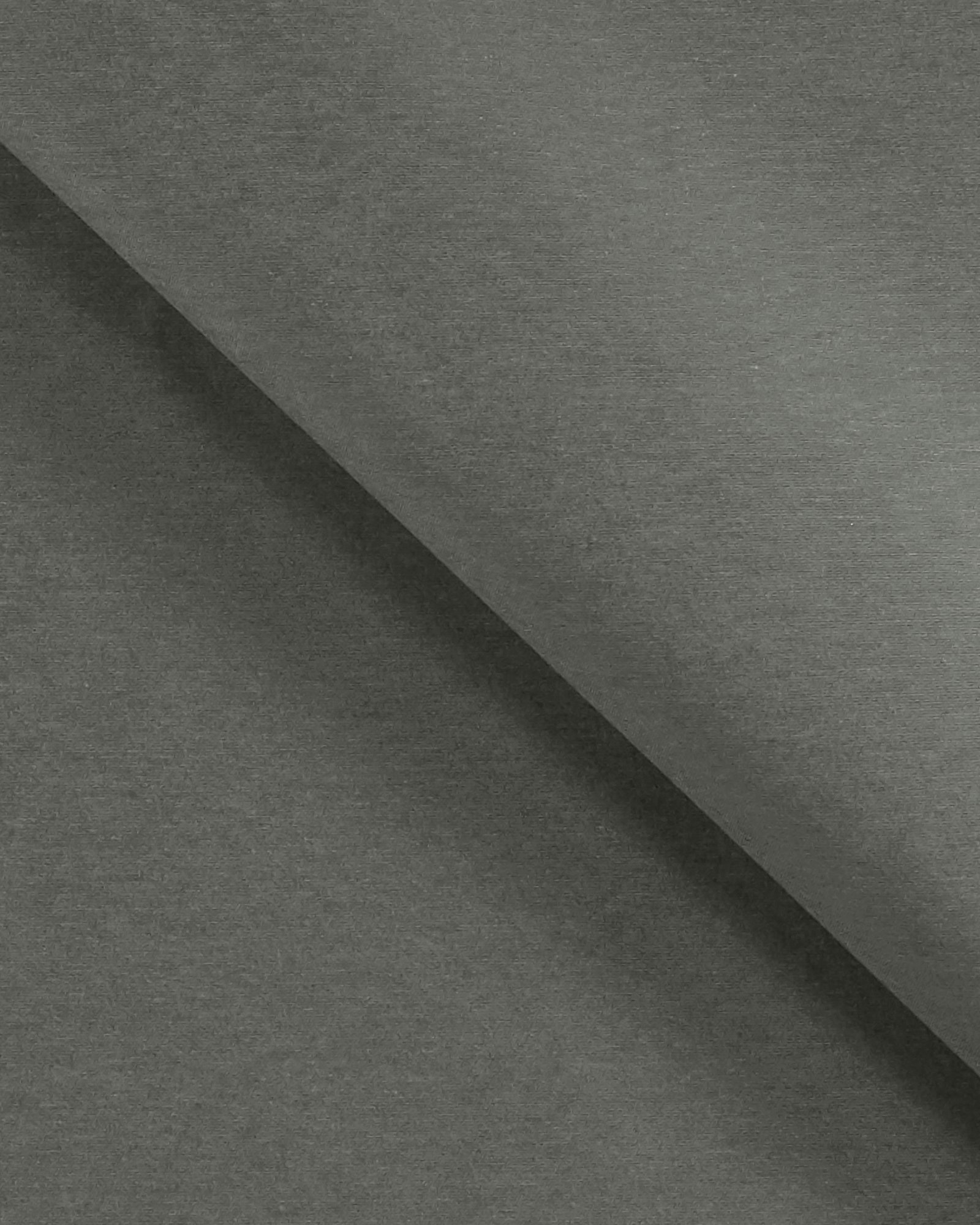 8 Colours
8 ColoursWebShop stock Stock status 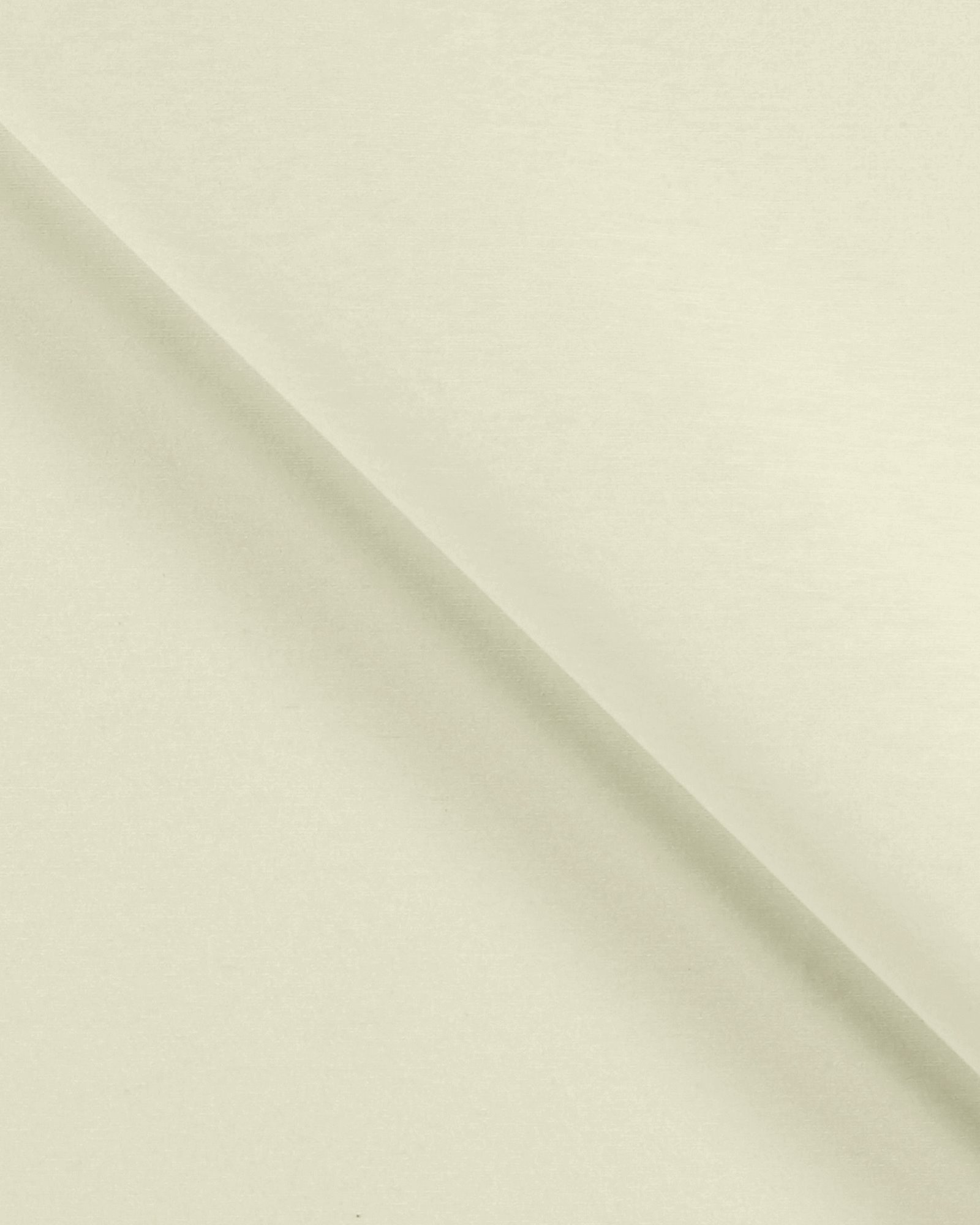 12 Colours
12 ColoursWebShop stock Stock status 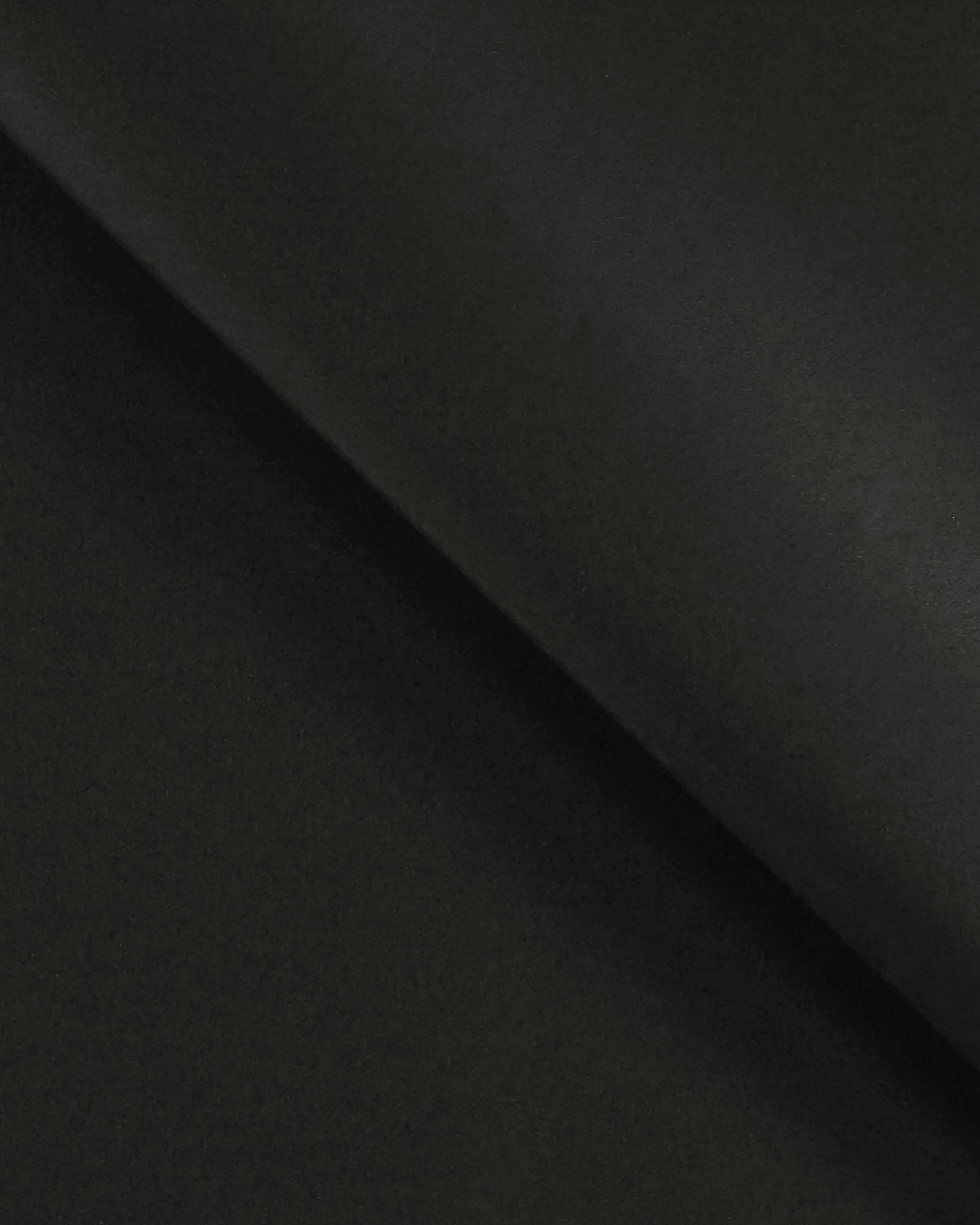 12 Colours
12 ColoursWebShop stock Stock status 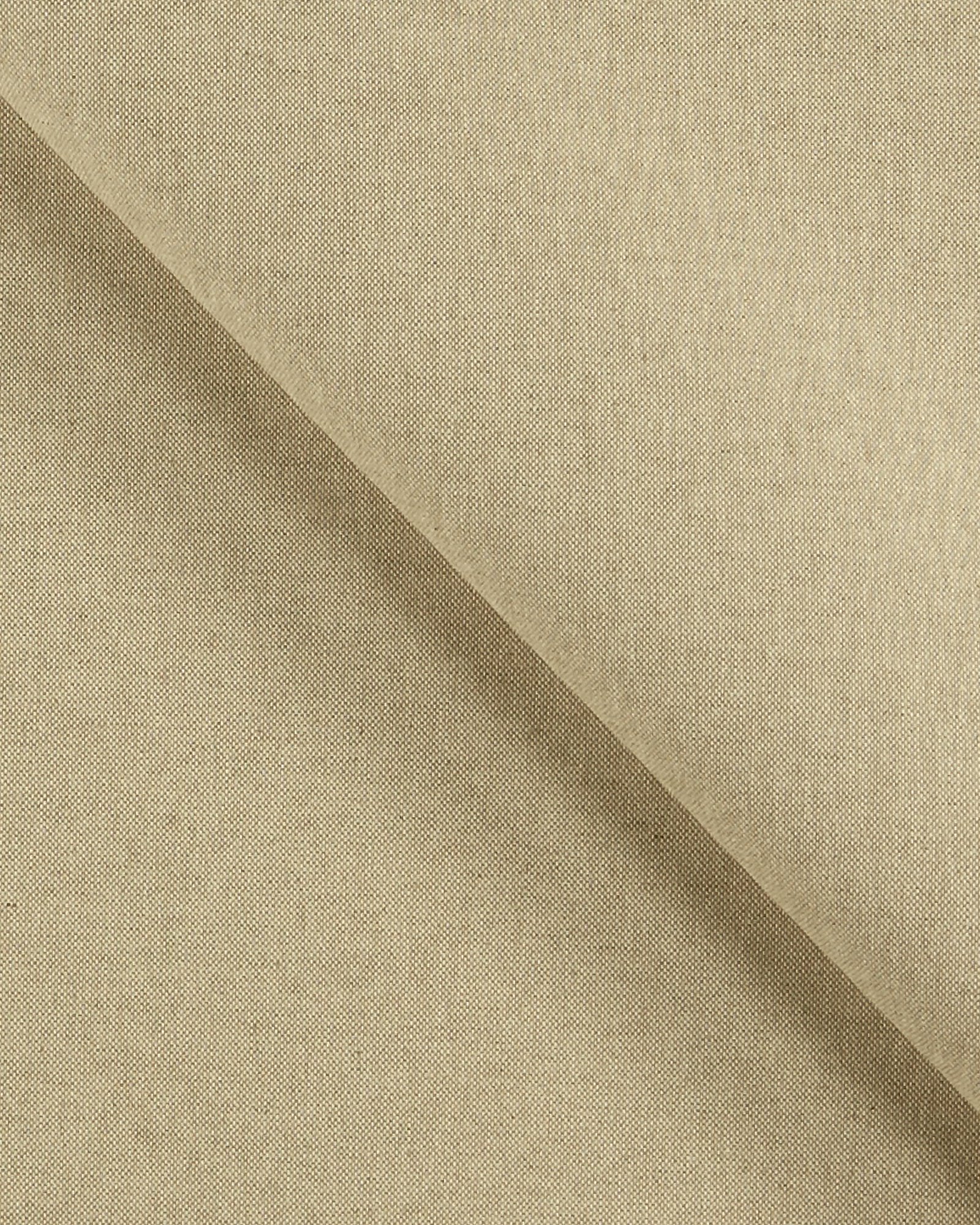 12 Colours
12 ColoursWebShop stock Stock status 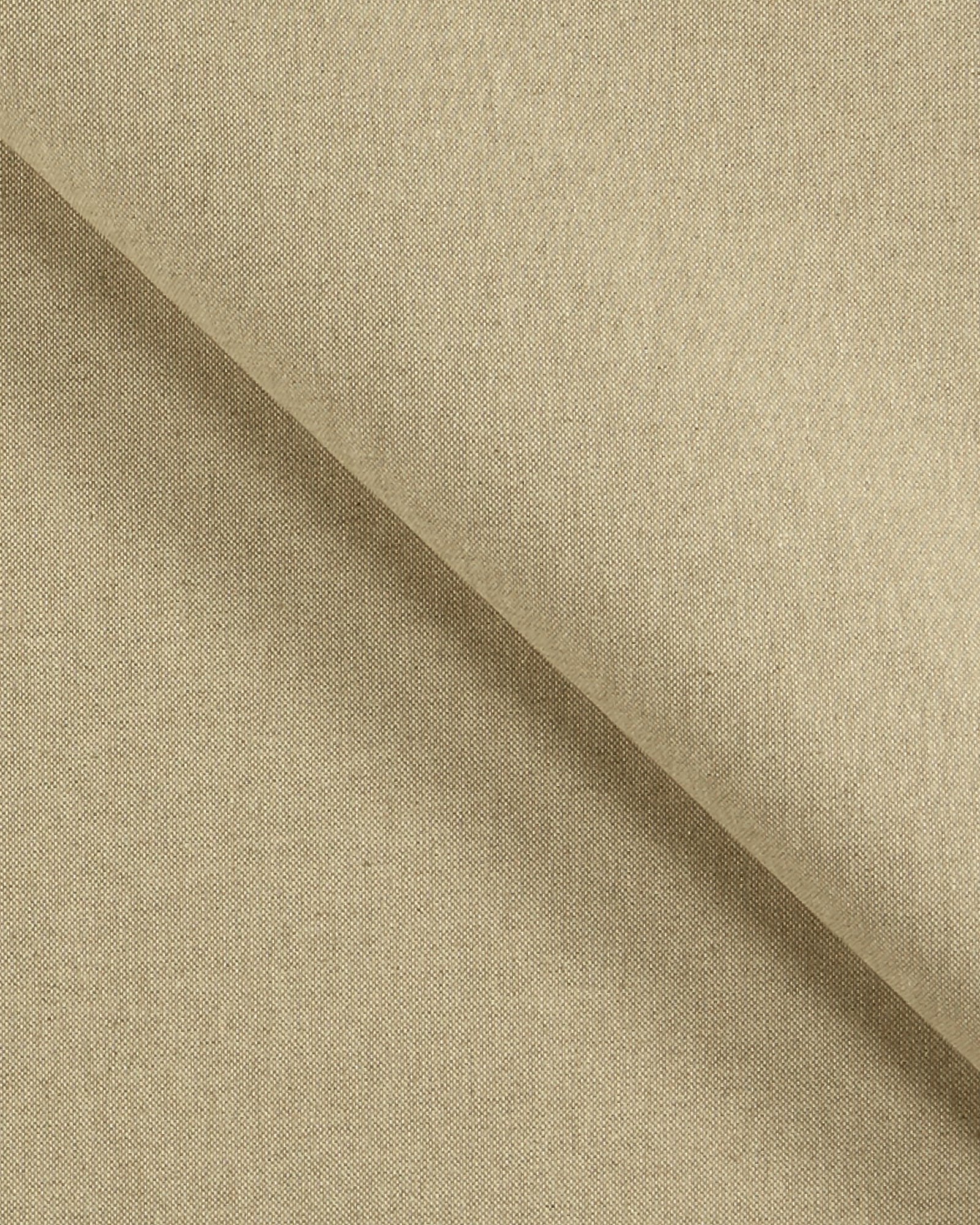 8 Colours
8 ColoursWebShop stock Stock status 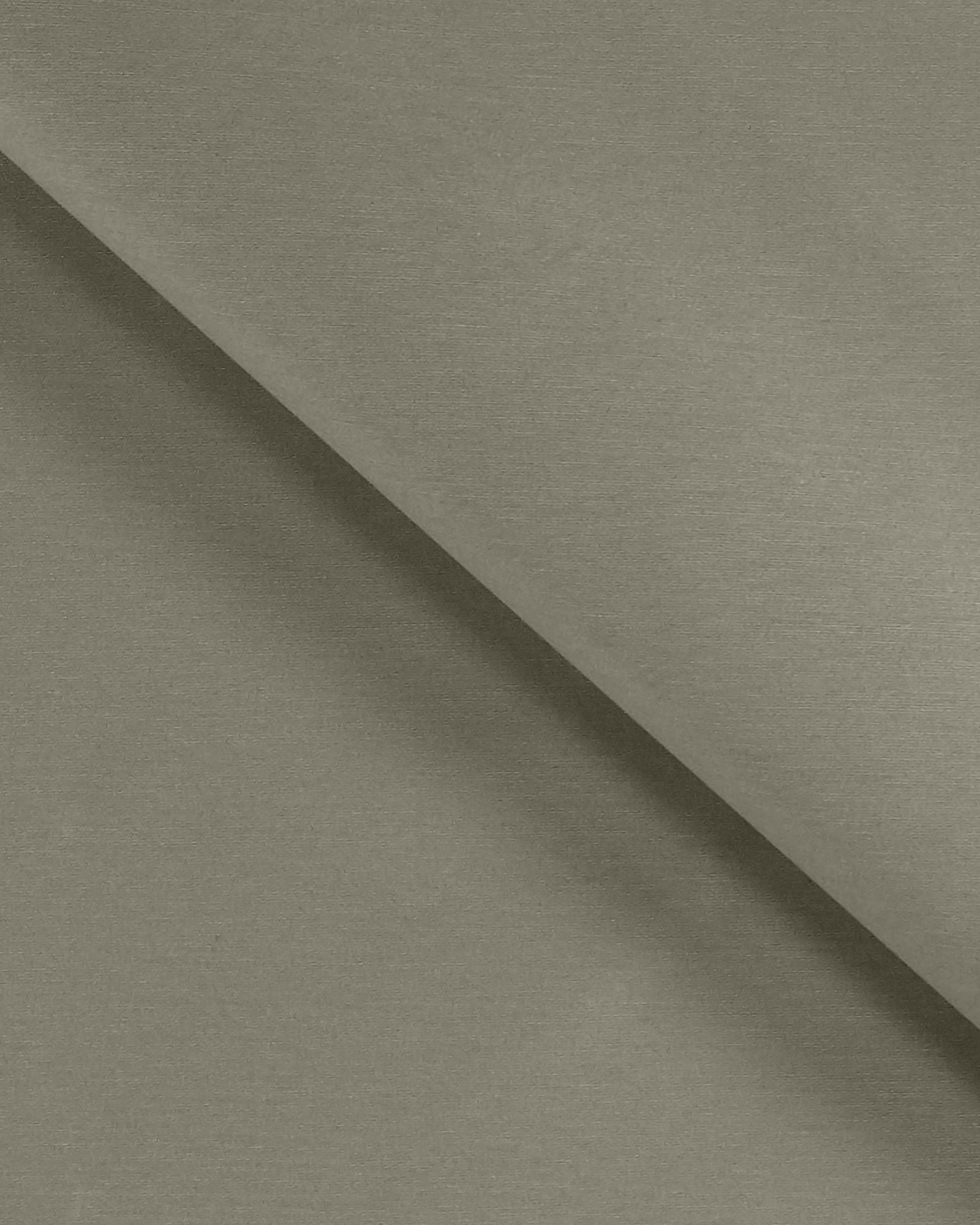 12 Colours
12 ColoursWebShop stock Stock status 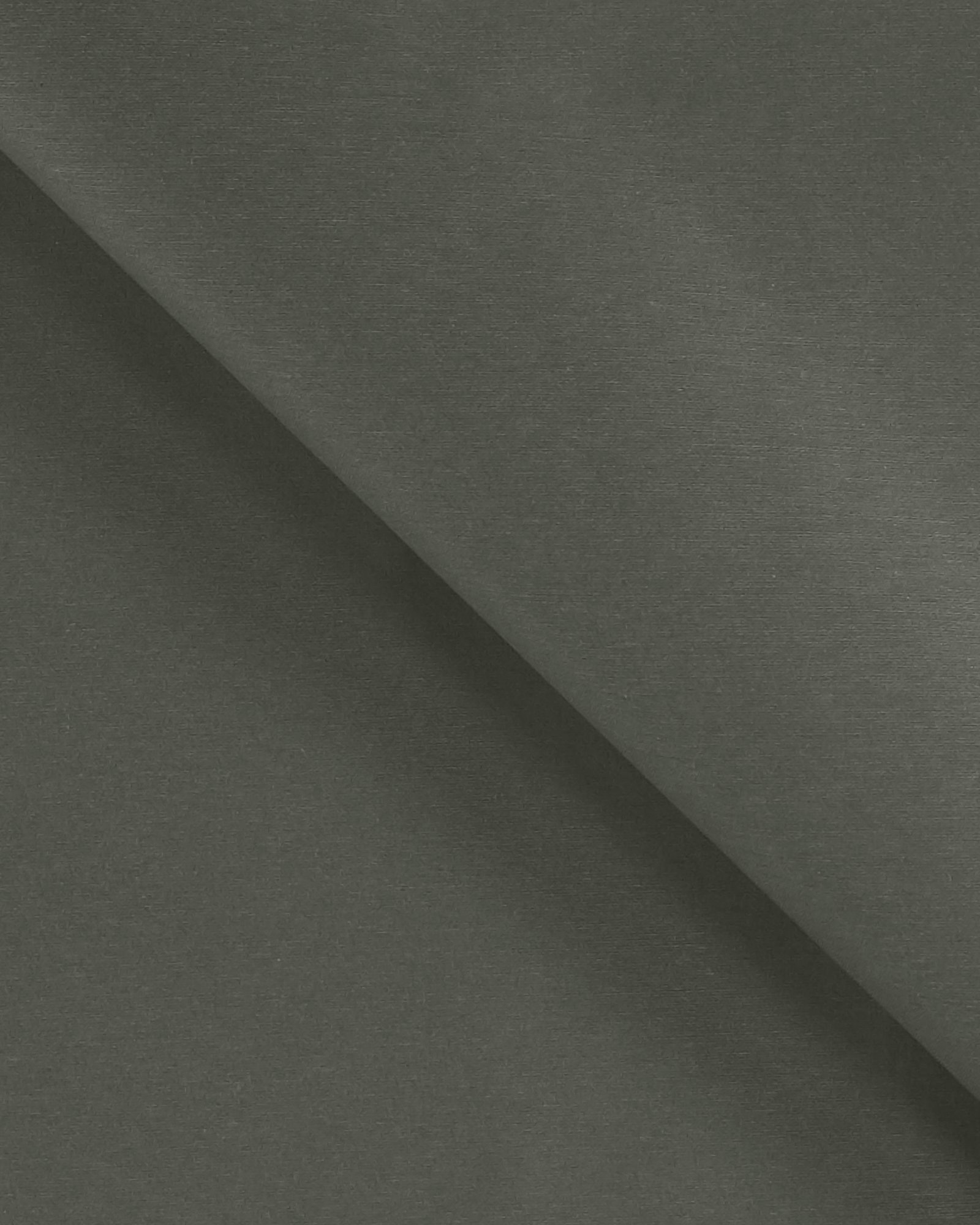 12 Colours
12 ColoursWebShop stock Stock status 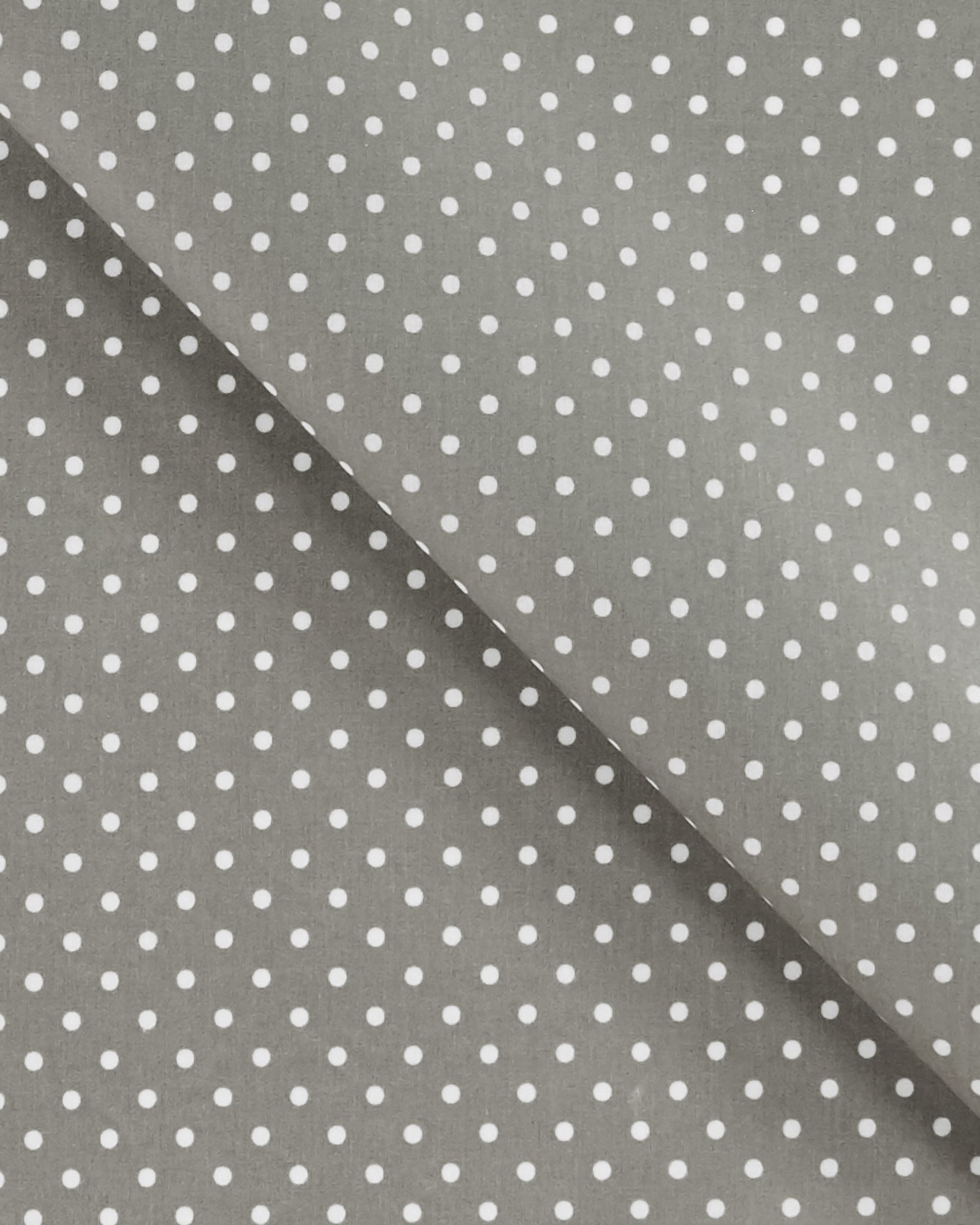 4 Colours
4 ColoursWebShop stock Stock status 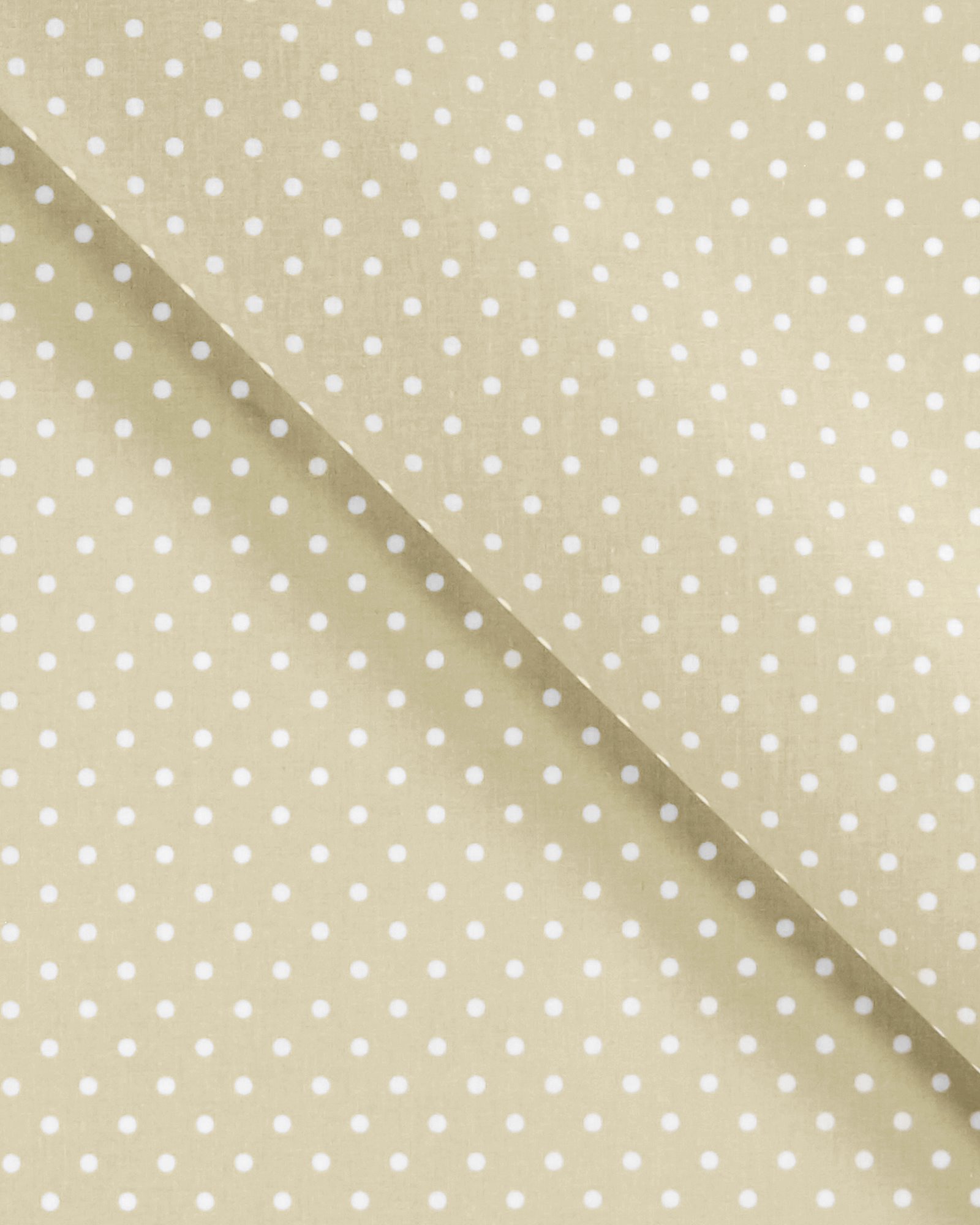 4 Colours
4 ColoursWebShop stock Stock status 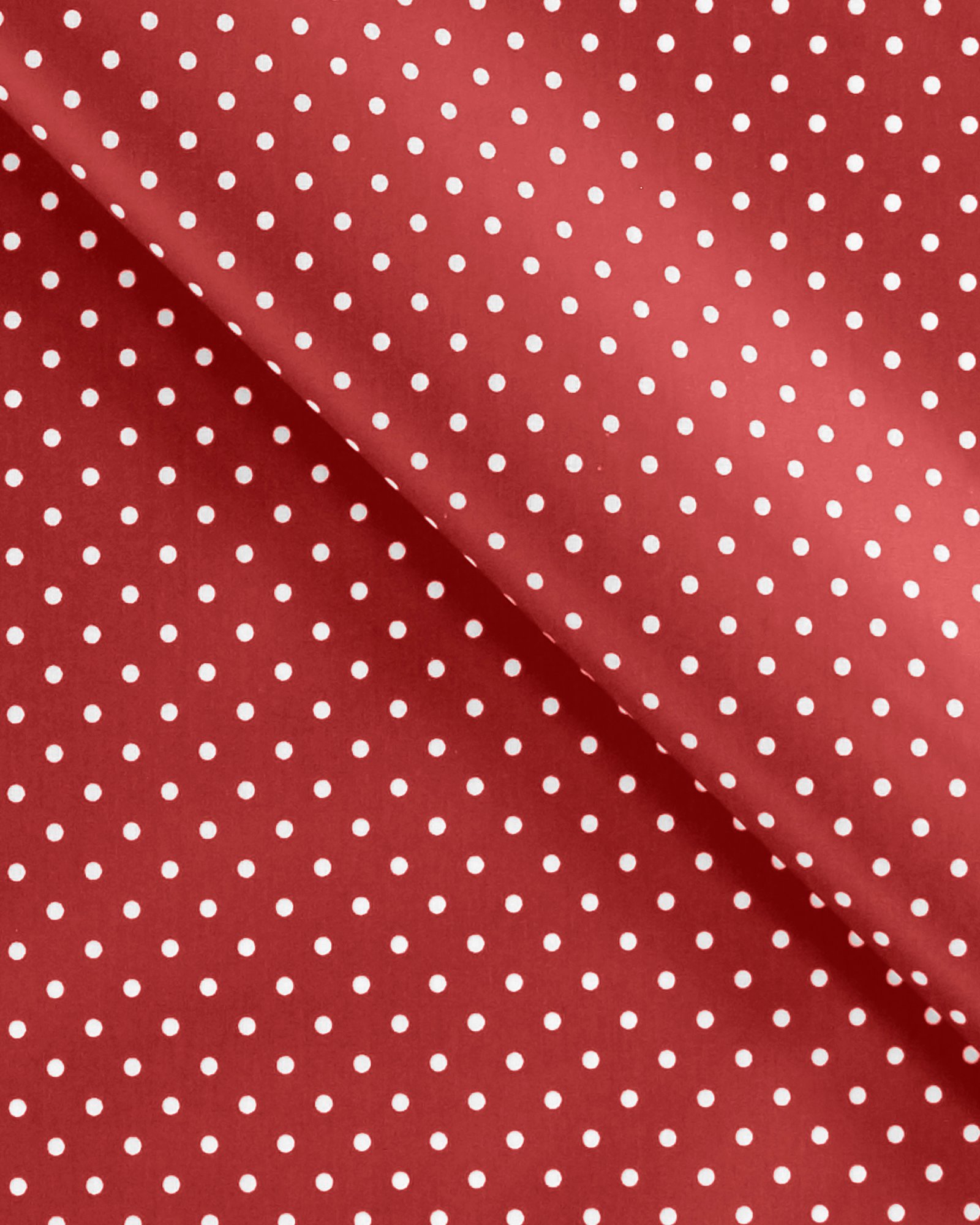 4 Colours
4 ColoursWebShop stock Stock status
Textile oilcloth and PVC oilcloth are two distinct types of protective table coverings, each with its own unique properties and applications. Understanding the differences between the two can help you make the best choice for your table-setting needs.
Textile oilcloth is made from fabric, usually cotton or linen, that has been treated with a layer of wax or oil. This treatment makes the cloth water-resistant, durable, and easy to clean. The fabric retains its natural softness and drape, giving it a more elegant and luxurious appearance compared to PVC oilcloth. Textile oilcloths can be machine-washed on a gentle cycle, making them convenient for regular use and maintenance.
On the other hand, PVC-oilcloth is made from a synthetic material - usually polyvinyl chloride (PVC) - that is waterproof and stain-resistant. It has a plastic-like texture, which makes it stiffer and less flexible than textile oilcloth. Due to its synthetic nature, PVC oilcloth is typically more budget-friendly and available in a wider range of colours and patterns. Cleaning PVC oilcloth is as simple as wiping it down with a damp cloth, but it cannot be machine-washed like a textile oilcloth.
In summary, textile oilcloth offers a more refined and natural look, while PVC oilcloth provides a cost-effective and easy-to-clean alternative. Both types serve to protect your table from spills, stains, and scratches, with the choice between them largely depending on personal preference, budget, and desired aesthetics.